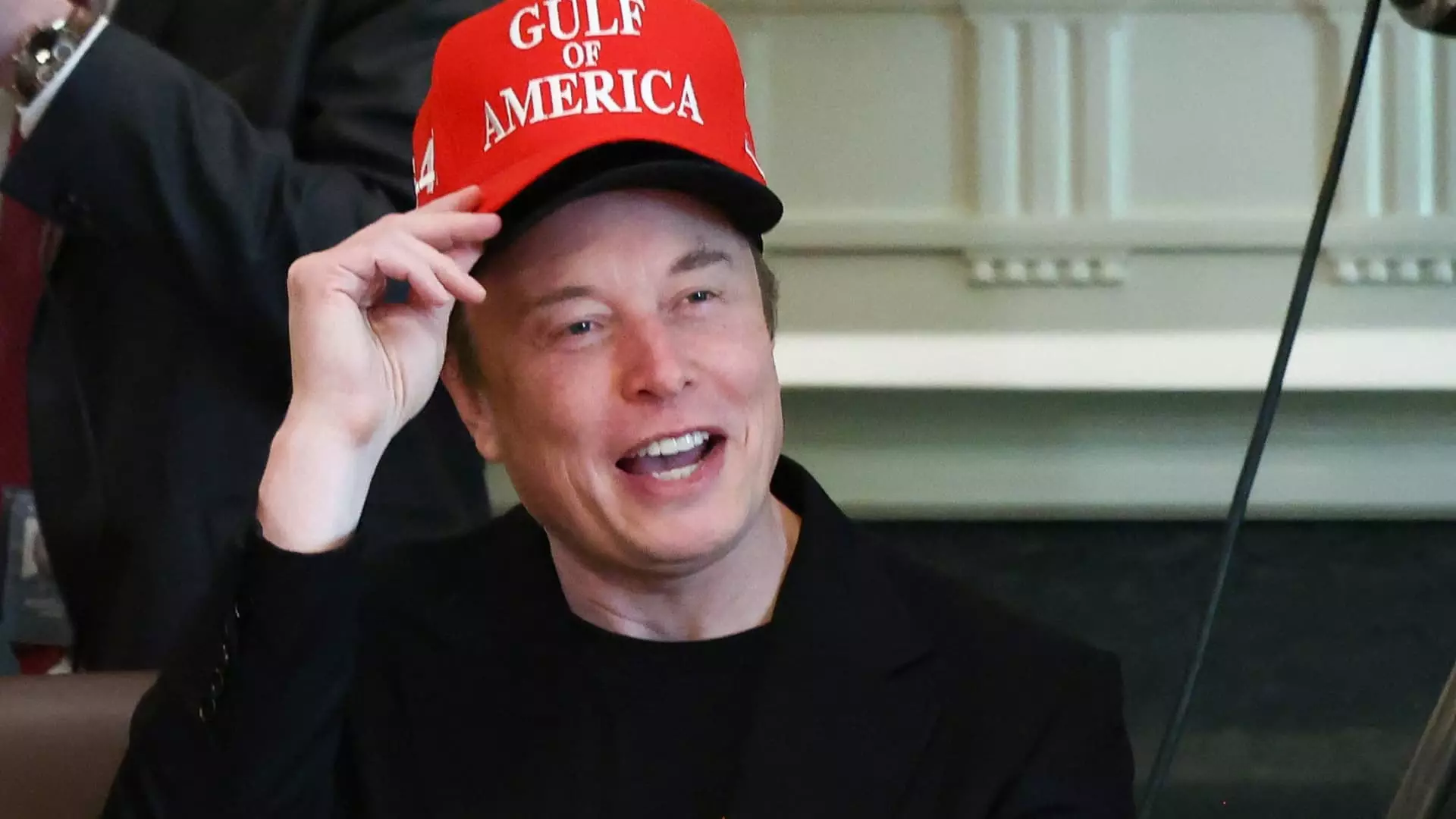Elon Musk’s recent exit from the Trump administration raises more questions than it answers, even as he publicly expresses gratitude for the “opportunity to reduce wasteful spending.” This statement could be interpreted as a thinly veiled critique of government inefficiency, but upon closer inspection, it reveals Musk’s penchant for glorifying self-service under the guise of altruism. To suggest that government spending, often necessary for societal welfare, can be casually slashed without consequence is not only naive but also dangerously misguided.
Musk’s foray into the role of leading the Department of Government Efficiency was ostensibly an attempt at reforming federal operations. He donned the mantle of a “special government employee,” a title that somehow legitimized his brief but tumultuous involvement in governance. However, by his own admission, he failed to fully commit to the role. His time investment—only 130 days in total—illustrates a lack of genuine engagement. It invites scrutiny regarding whether this initiative was a sincere mission to improve governmental operations or simply a resume-enhancing episode in his already illustrious career.
A Dual Agenda?
Throughout his tenure, Musk’s dedication to the task at hand was called into question. While he would extol the virtues of reducing government size and spendings, many observers noted how this aligned neatly with the interests of his various enterprises. His assertion that the “DOGE mission”—his initiative aimed at government efficiency—would grow stronger over time appears to be nothing more than a catchy marketing line tailored to placate anxious constituents and stakeholders in his business ventures like Tesla and SpaceX.
In many ways, Musk’s departure aligns with the unpredictable nature of Trump’s governance. The divide between Musk’s overwhelming success in the private sector and the often-slow gears of governmental reform created an uncomfortable dissonance. His complaint regarding Trump’s spending bill further emphasizes this conflict, as he suggested it undermined efforts for efficient governance. His public opposition to funding initiatives that could potentially benefit the populace yet clash with his financial interests delves into a murky ethical territory where profit and public welfare are at odds.
Legal Quandaries and Accountability
Musk’s exit isn’t just a reflection of a lack of earnest investment in governance; it’s riddled with burgeoning legal challenges. Reports of multiple lawsuits alleging violations of federal laws reveal the inherent contradictions in Musk’s dual roles. Many are left pondering whether someone of Musk’s stature should even venture into the political arena, especially when he already wields so much influence over technological and economic spheres.
Moreover, significant pressure is mounting from Tesla stakeholders, underscoring a growing unrest regarding Musk’s divided focus. The call for a minimum of 40 hours commitment per week at Tesla presents an essential dilemma. It questions Musk’s broader priorities—whether his ambition lies with innovation and sustainable energy or if it’s consumed by the incessant allure of power and influence in political circuits.
In a landscape where the lines between corporate interests and governmental responsibilities are increasingly blurred, Musk’s brief governmental endeavor should serve as a cautionary tale that heralds the risks of conflating business acumen with governance. His return to full-time entrepreneurial pursuits raises significant alarms about our political systems, which may be striving for efficiency but risk being overshadowed by the ambitions of those at the helm—ambitions that may prioritize self-interest over societal benefit.


Leave a Reply